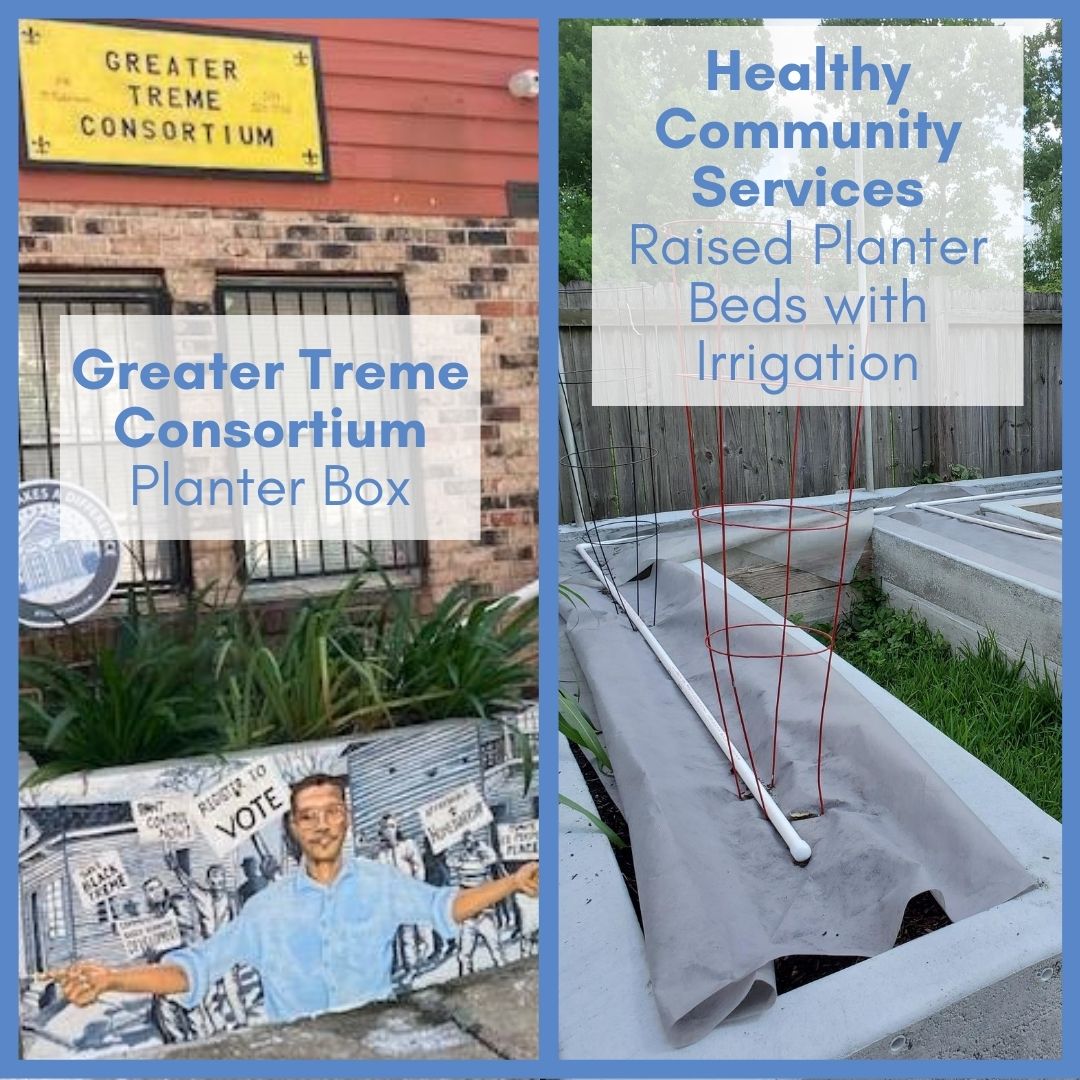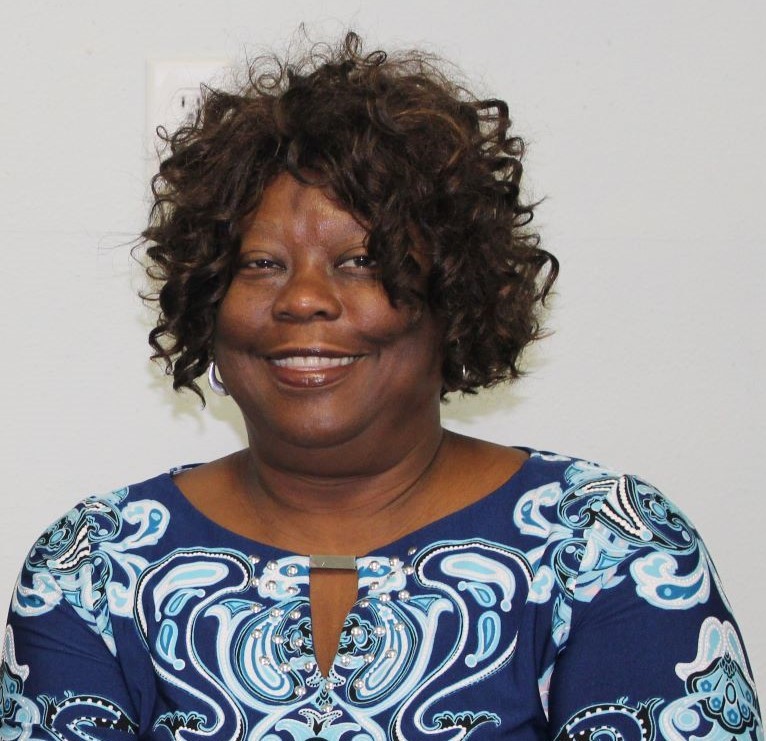Green Infrastructure & Flooding in New Orleans
This summer has been marked by heatwaves and power outages around the country, fires and smoke in the West, and hurricanes and flooding in the East and the South, on top of widespread action for racial justice and the ongoing impacts of the COVID-19 pandemic. It is more clear than ever that these crises are intrinsically connected — that those hit first and worst by extreme climate events are Black and Indigenous communities of color and low-income areas. And we know that to build true community and environmental resilience, we must reimagine and create a world that puts the safety, health, and well-being of our communities and the environment first. That’s why we launched our Grassroots Leadership Fund (GLF) early this year, in partnership with the Kresge Foundation’s Climate Resilient and Equitable Water Systems (CREWS) Initiative. Over a two-year period, the Rose Foundation is supporting 17 grassroots groups to address the climate-driven urban flooding that impacts low-income, historically marginalized communities all over the US. Through this fund, the Rose Foundation is able to funnel money where it is most needed: frontline climate resiliency efforts led by visionary, volunteer-driven groups.
As we have been learning from two of our grantees in New Orleans, LA, one way to reimagine our communities is to create community spaces and cultural sites built with green infrastructure. As Angela Chalk — Executive Director of grantee Healthy Community Services (HCS) and a 4th generation 7th Ward resident of New Orleans — explains:
“Hurricane Katrina forced me to become an active member of the community.
I, like many people, took for granted that the government was providing the necessary services to keep communities safe. We all lived with a false sense of security. Urban flooding in my community has become a matter of when it rains, the community asks: Is this another flood event? How will I get to and from work? Is my car parked in a place that will not flood? These scenarios can happen in the blink of an eye. Literally, in the blink of one’s eye.”
In fact, after Angela went to a local City Council Meeting to give public comment in the wake of Katrina, another New Orleans resident, Cheryl Austin — and Executive Director of grantee Greater Treme Consortium (GTC), saw her on the news. Angela’s concerns about her community resonated with Cheryl, so she reached out to Angela. And over the last 15 years, they have found ways to work together to bring climate resiliency and flooding prevention to their communities! Cheryl remarks that,
“We both represent communities we grew up in and have first-hand knowledge of the lack of information and training needed to combat climate change and the health risks it has on the people who live here. Together, we have changed the mindset of residents in our communities by increasing their awareness, knowledge, and skills to reduce flooding.”
Or, as Angela puts it, they work to “manage water where it falls” to slow down flooding and infiltrate into the groundwater.
 With Rose Foundation’s support, Angela, Cheryl, and their organizations have been able to continue their collaborative work to design and construct green infrastructure projects for their community throughout the pandemic. Healthy Community Services has already constructed a Green Infrastructure Urban Farm with a 70 sq. ft. greenhouse, which addresses flooding, local food insecurity, the heat island effect, air quality, and acts as a community space! And, they’ve created an education space that can accommodate a handful of socially distanced students! Greater Treme Consortium’s plan to provide an outdoor educational and environmental demonstration and cultural site for the community is also being well received. This summer, the group has been able to gather the community to get feedback and ideas for the vision of the site. Cheryl reflects, “By capturing their thoughts and opinions, we are confident we can create a space where anyone can visit to learn about climate change, the environment, and how to reduce flooding all at one location.” Cheryl also shared that the group has distributed supply packages and aid to residents, businesses, and nonprofits impacted by the pandemic.
With Rose Foundation’s support, Angela, Cheryl, and their organizations have been able to continue their collaborative work to design and construct green infrastructure projects for their community throughout the pandemic. Healthy Community Services has already constructed a Green Infrastructure Urban Farm with a 70 sq. ft. greenhouse, which addresses flooding, local food insecurity, the heat island effect, air quality, and acts as a community space! And, they’ve created an education space that can accommodate a handful of socially distanced students! Greater Treme Consortium’s plan to provide an outdoor educational and environmental demonstration and cultural site for the community is also being well received. This summer, the group has been able to gather the community to get feedback and ideas for the vision of the site. Cheryl reflects, “By capturing their thoughts and opinions, we are confident we can create a space where anyone can visit to learn about climate change, the environment, and how to reduce flooding all at one location.” Cheryl also shared that the group has distributed supply packages and aid to residents, businesses, and nonprofits impacted by the pandemic.
The reality, as Angela explains in the wake of two more hurricanes, is that “the climate will continue to impact our daily lives… And a community needing to mitigate food security can’t wait for things to get better. Healthy Community Services will adapt and forge on – failure is not an option.” Cheryl adds that “We are looking forward as we collaborate to build” a just and responsive environmental movement.
Learn more about all our Grassroots Leadership Fund grantees on our website.
